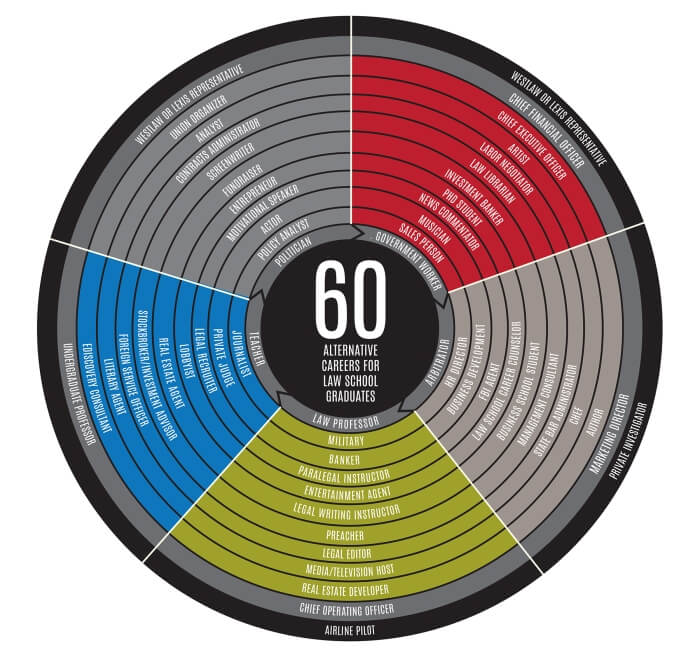The Sandra Day O’Connor College of Law at Arizona State University recently made a groundbreaking decision to allow prospective students to utilize generative artificial intelligence tools to assist in drafting their applications. This comes just one week after the University of Michigan Law School imposed a ban on popular AI tools like ChatGPT for student applications.
According to an Arizona State Law School spokesperson, applicants can certify that they used generative AI and guarantee the veracity of the submitted information. The school has had a longstanding practice of asking applicants to disclose if they have utilized professional consultants during the application process. With this new policy, the Phoenix-based law school aims to inform prospective students about the acceptability of AI in their admissions process well in advance of the upcoming admissions cycle opening on August 10. Stacy Leeds, the law school dean, emphasized that AI is just another tool available to applicants to effectively present their admissions package. She also highlighted that lawyers and law students are already using AI.
The decision to embrace generative AI in applications stems from the understanding that some applicants pay consultants or seek help from personal statements found online. Generative AI is widely accessible regardless of an applicant’s economic background, making it an equitable resource for all candidates.
See also: University of Arizona’s New Law School Admissions Test Receives ABA Approval
It is crucial to note that this new policy is currently limited to the admissions process and applies exclusively to prospective students. The law school is actively working on developing specific rules for the use of AI in coursework and classroom settings, a matter that will likely have its own set of complexities and considerations.
Get ahead of the competition – submit your job openings with BCG Attorney Search today.
Notably, the University of California, Berkeley School of Law was the first to adopt a formal policy on the use of AI in the classroom back in April. Their policy permits students to use AI technology under specific circumstances but prohibits its usage during exams or for composing written assignments.
On the other hand, the University of Michigan Law School has taken a different approach by explicitly banning the use of ChatGPT and similar AI tools in admissions. As part of their revised application process, applicants are now required to certify that they have adhered to this prohibition, and any false certification could lead to severe consequences, such as revocation of admission or expulsion.
Given these disparate approaches, law school admissions consultant Mike Spivey predicts that there will likely be a divide among law schools on whether to prohibit or permit the use of AI in their application processes. Some schools may restrict AI usage to specific components, such as personal statements and essays, while others may adopt a more permissive stance.
Arizona State Law School plans to create educational videos on the subject to ensure prospective students understand the permissible uses and potential pitfalls of AI. Dean Leeds emphasized that while AI can be a valuable tool, it cannot be employed to generate false information, and students must still effectively communicate their own life experiences and aspirations.
As the legal education landscape evolves, these decisions by prominent law schools may influence how other institutions approach the integration of AI in their admissions and academic processes. With AI technology continuing to advance, its role in legal education is likely to be an ongoing and increasingly significant topic of discussion among educators, students, and legal professionals alike.
Don’t be a silent ninja! Let us know your thoughts in the comment section below.












































